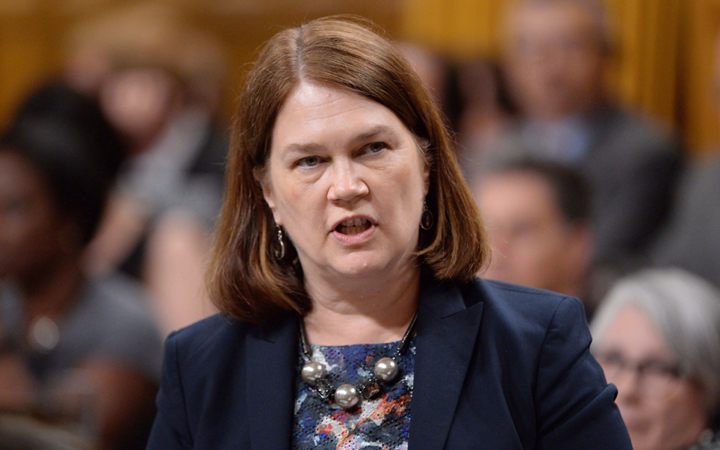The federal government said Wednesday that it has not changed its position on the issue of private-pay MRI services in Saskatchewan.

On Tuesday, when the health-care funding deal with Ottawa was announced, the province said the federal government would allow the province one year to prove that the two-for-one MRI service works.
READ MORE: Saskatchewan reaches health-care funding deal with feds
The service allows people to pay for a private MRI if the company also does a scan for someone on the public wait list.
“It gives us an opportunity to lay out our case, why this is good for the public system, and I’m hopeful that will lead us to a mutual agreement.”
However, on Wednesday, federal Health Minister Jane Philpott’s office said discussions with officials in Saskatchewan will continue over the next year to make sure the Canada Health Act is upheld.

Get weekly health news
“As Minister Philpott has previously stated, our government fully supports the principles of the Canada Health Act, which are meant to ensure that Canadians have reasonable access to doctors and hospitals based on medical need and not the ability or willingness to pay,” her office said in a statement.
“Minister Philpott is committed to working with Saskatchewan to strengthen our publicly-funded, universal health care system, while at the same time upholding the principles of the Act, and discussions with officials from Saskatchewan will continue over the next year in this regard.”
Philpott wrote to Reiter in November of last year, telling him the province should stop the “the current practice of encouraging private payment for diagnostic services” and focus on ensuring all residents have access to MRIs and CT scans as quickly as possible, regardless of ability or willingness to pay.
READ MORE: Federal health minister tells Saskatchewan to stop private MRIs
“They should line up on who has the highest medical priority, and not in accordance with who has the most money,” Philpott said in November.
Reiter responded saying the province was open to discussion with Ottawa, but did not plan to change the private-pay service.
“Penalties, which would be an end-of-options mechanism, remain at the discretion of the Minister of Health,” Philpott’s office said on Wednesday. “However, our goal is to maintain discussions with Saskatchewan on this matter to reach a resolution that protects access to quality health care services on the basis of health need, not the ability to pay.”
Private MRI legislation was introduced in 2015 and was expanded to include CT scans.


Comments
Want to discuss? Please read our Commenting Policy first.